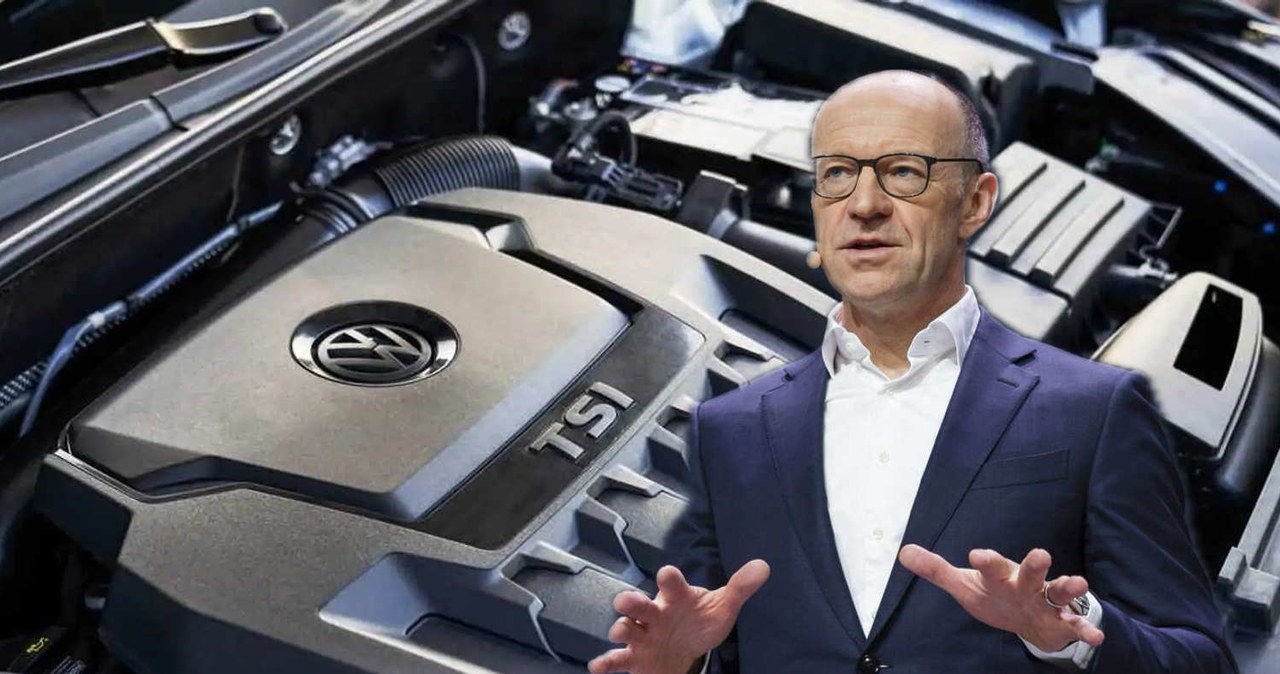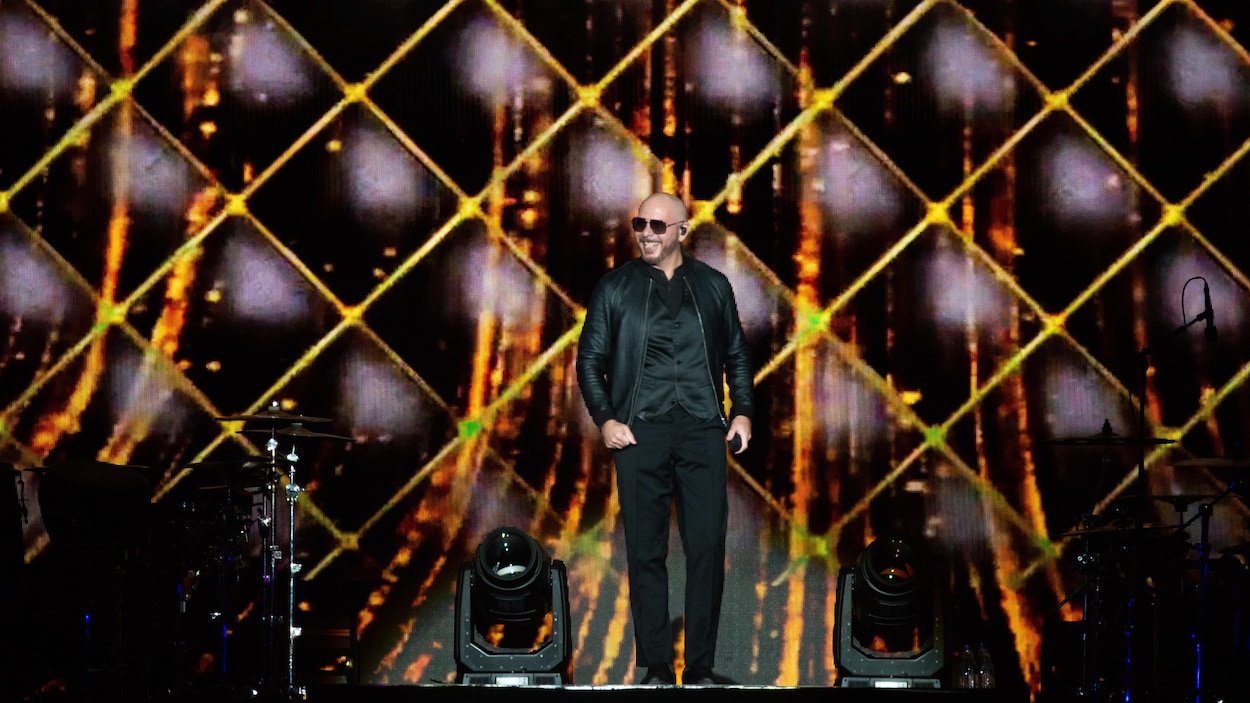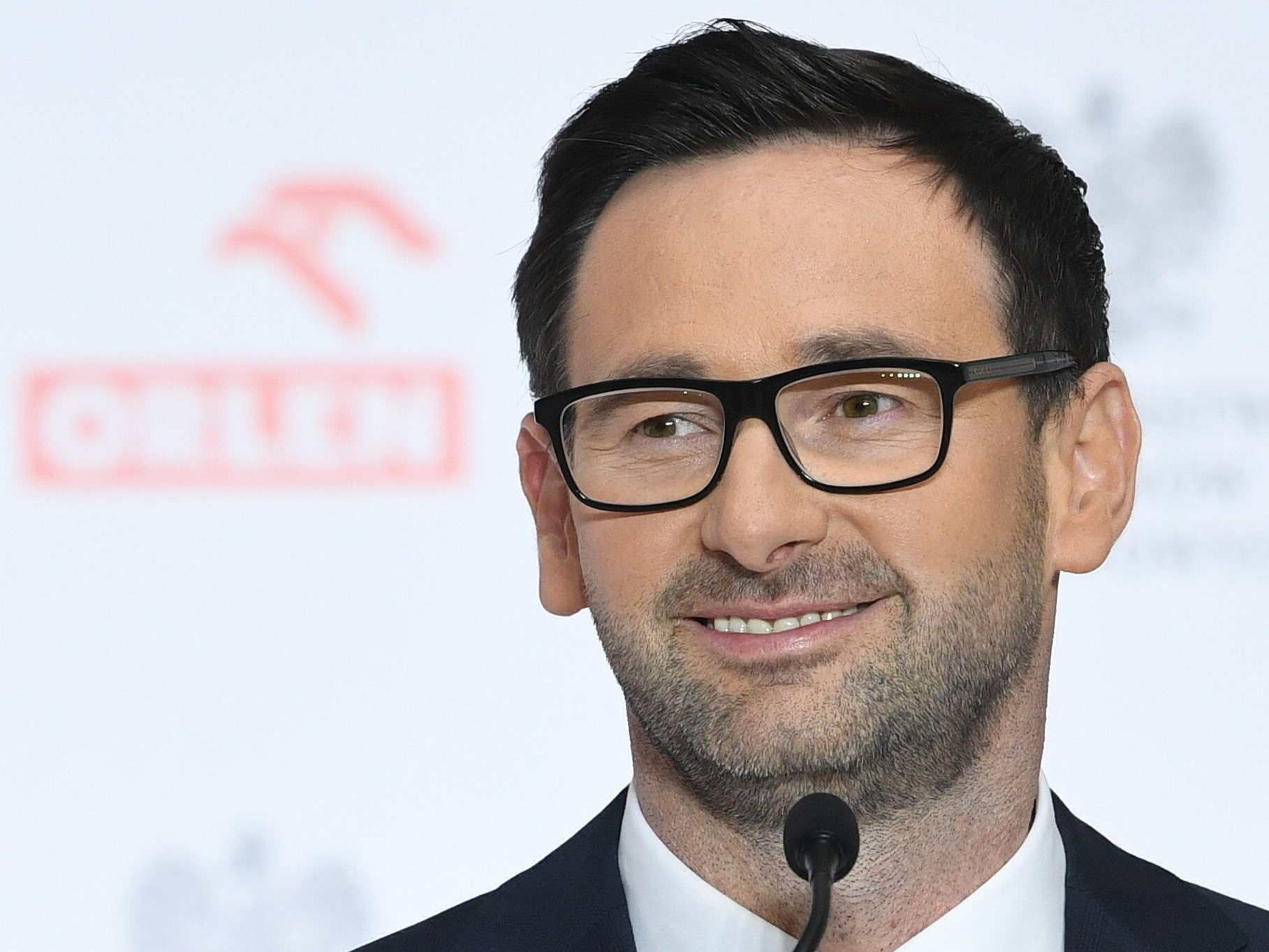It seems that the business is not developing as analysts from Wolfsburg expected. In 2019, then Volkswagen Group CEO Herbert Diess announced that the group would have 75 electric models by the end of the third decade. Two years later, Volkswagen General Manager Ralf Brandteiter announced that the company would adapt existing combustion units to Euro 7 standards and would end work on the development of combustion units, focusing entirely on electric mobility. It is then expected that by 2030 electric models will account for 70%. New cars sold in Europe by Volkswagen. By 2035, it was scheduled to reach 100 percent, and by 2050, the entire company planned to achieve the goal of zero emissions.
At the beginning of this year, it turned out that electric vehicle sales were not as good as initially expected and there was a need to adjust the company’s strategy. Not only are there no dynamic increases in sales, the market is simply shrinking. After the end of the programs to support the purchase of battery-powered cars, there was a real decline.
After the first four months, the Volkswagen ID.4, the brand’s most popular model, achieved 31% sales. Worse than in the same period last year (15,957 pieces). The situation with the ID.3 is even worse, with sales falling by 41%. (13648 pieces). Skoda with Enyaq and Cupra with Born are also red. The 0.4 percent increase in sales of the Audi Q4 e-tron is little consolation.
What’s worse is that in China, local manufacturers have overtaken Volkswagen. Therefore, the new electric car factory in Germany, which has a budget of 2 billion euros, will not be built. Interestingly, VW sells a lot of combustion cars, which, according to Automotive News Europe, will exceed average emissions standards next year. President Oliver Blum is therefore calling on European regulators to relax standards in the future.
Now, Volkswagen Group CFO Arno Antlitz has announced that the company will transfer up to a third of the 180 billion euros allocated for electrification and digitalization development to the departments responsible for work on the combustion units. “The future is electric, but the past is not over yet,” Antlitz said. Therefore, Volkswagen will do everything possible to ensure that combustion engines remain as competitive as possible.
There’s no doubt that this means evolving it in terms of electrification – we expect more efficient hybrid systems that will reduce the brand’s average CO2 emissions, while preserving combustion engines and not being tied to plugs, which is what customers still care about. To achieve this goal, Volkswagen will have to successfully introduce more models with plug-in hybrids that can be charged from a socket, but do not have to be charged from an external power source.
The salvation for Volkswagen electric cars would be a city model produced in Europe, costing around 20,000 euros. Today, every European manufacturer wants to have such cars in their offerings. However, it is not certain whether this strategy is correct. Smaller, cheaper cars will have smaller batteries, which means a shorter range and the need for frequent charging. Meanwhile, in recent years, companies have tried to convince drivers that range is not an issue, and they have done so by producing large, expensive cars with large, expensive batteries. So there is always something for something.
The cheap Volkswagen car was supposed to be created in cooperation with Renault, but recently the companies have separated and Volkswagen will implement this project on its own. Will the novel help it overcome increasing competition from China? SAIC competes with MG and aggressively attacks BYD’s rivals. Behind them there are other players with really reasonable proposals.
The situation for Volkswagen is not rosy. But on the other hand, millions of customers will be happy to know that even Volkswagen sees the future of combustion engines and devotes a significant part of the budget to their development.

Echo Richards embodies a personality that is a delightful contradiction: a humble musicaholic who never brags about her expansive knowledge of both classic and contemporary tunes. Infuriatingly modest, one would never know from a mere conversation how deeply entrenched she is in the world of music. This passion seamlessly translates into her problem-solving skills, with Echo often drawing inspiration from melodies and rhythms. A voracious reader, she dives deep into literature, using stories to influence her own hardcore writing. Her spirited advocacy for alcohol isn’t about mere indulgence, but about celebrating life’s poignant moments.










